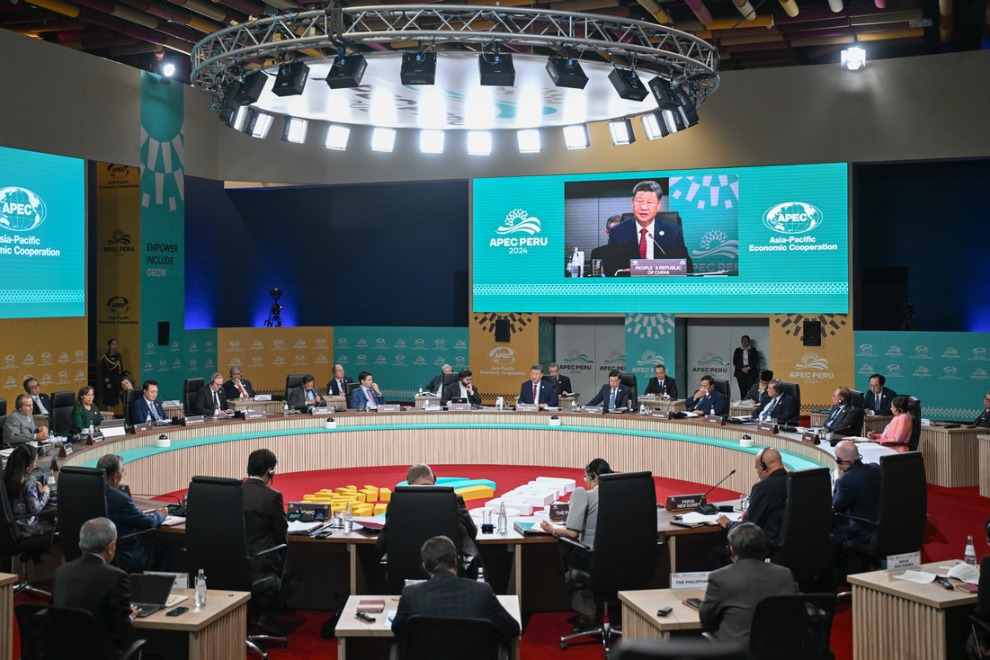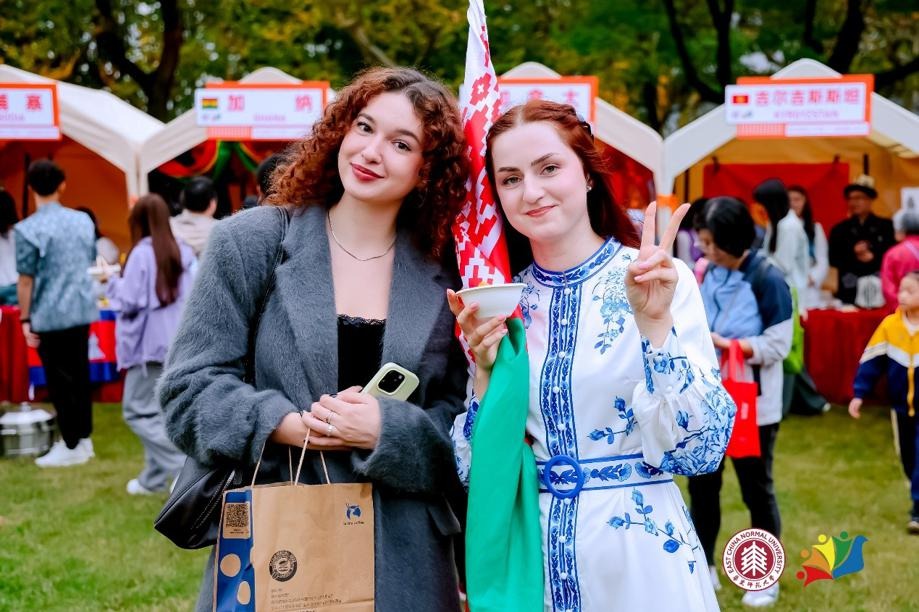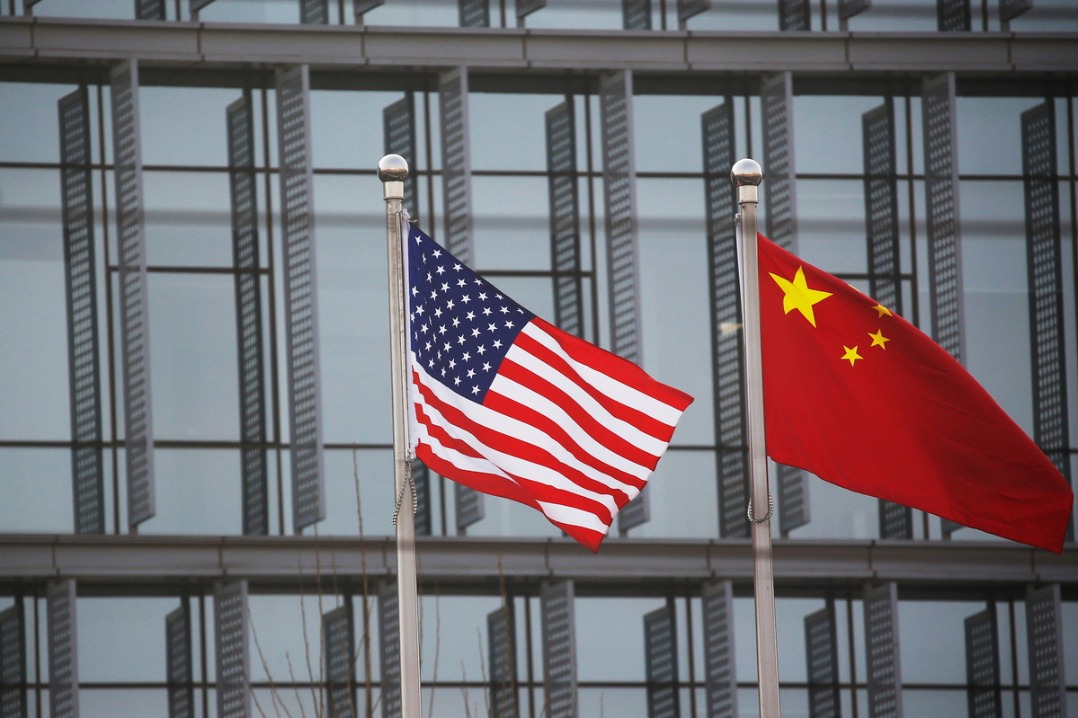Close and historical connections


A former Brazilian president said China has to be seen with the eyes of a brother
Beijing is 17,000 kilometers from Brasilia, but the distance that separates the two peoples is bridged by the establishment of the relations between Brazil and China 50 years ago.
Ordinary Brazilian citizens have viewed China as a distant and exotic civilization, of which the Great Wall and the Forbidden City are the first ideas that come to mind. The wisdom associated with great philosophers such as Confucius, Lao-Tse and Mencius also stands out.
In addition to these traditional perceptions, new ones have been incorporated recently. A modern and thriving China is being seen by Brazilian families from the sofa at home, in films, apps and on the television news, as well as on market shelves and in e-commerce platforms. Around 30 years ago, when Chinese-manufactured products arrived in Brazil, "Made in China" was associated with cheap products that helped improve the level of consumption among the lower classes. This perception has changed, as Brazilians now see China as a great power, and Chinese consumer goods are associated with technology and reliability, such as cars, smartphones and electronics.
It is worth noting that contacts between the Chinese and Brazilians date back to the colonial period through the Portuguese fleets that left Macao, and stopped in Brazil on their way to Lisbon. Chinese goods, such as chinoiserie (from French), silks, porcelain and tea, were part of the consumption of wealthy families. In fact, tea in the Portuguese language is "cha", the same as the Chinese pronunciation. The first Chinese families arrived in Brazil in the early 19th century, introducing tea cultivation. Today, the ethnic Chinese population in Brazil numbers more than 250,000, concentrated mainly in Sao Paulo.
Zhou Shixiu, a Chinese expert in Brazilian history, identified in his studies several aspects of Chinese culture in Brazil, such as the "China Gate" in the Church of Nossa Senhora da Conceicao, in Sabara, Minas Gerais; the image of a Chinese monk in the Sao Bento Monastery, in Sao Paulo; the Chinese-looking Saint Cecilia in the Archdiocesan Museum of Mariana, Minas Gerais; the Chinese painting on the ceiling of the sacristy of the Church of Nossa Senhora de Belem, in Cachoeira, Bahia; and the stone lion with Chinese characteristics in Morro do Adro do Convento de Santo Antonio, in Joao Pessoa, Paraiba.
Over the past 50 years since the establishment of diplomatic relations, bilateral cooperation has advanced in several fields, such as trade, investments, science and technology, agriculture, finance, and the environment. In 1993, the two countries established a strategic partnership, which was raised to the level of a comprehensive strategic partnership in 2012.
Over the past 20 years, economic relations have boomed. According to Brazilian customs, the bilateral trade volume reached $157 billion last year. Since 2009, China has replaced the United States as Brazil's largest trading partner. Brazil is also the largest recipient in Latin America of offshore direct investment from China.
Data from the Brazil-China Business Council suggests that it was more, with Chinese companies investing $71.6 billion in Brazil through 235 projects, specifically in the infrastructure sector, between 2007 and 2022. Chinese companies operate in the oil sector, as well as the generating, transmitting and distributing of electrical power, telecommunications, and, more recently, the railway sectors.
This broad bilateral relationship is also expressed in articulating major global themes. Brazil and China have excellent coordination on major global issues. We can cite as an example of their strategic partnership the creation of BRICS, the advocacy of the interests of developing countries on issues such as trade, reform of the World Trade Organization and climate change, the search for peaceful solutions to the conflicts in Gaza and Ukraine, and the defense of a multipolar international order that is inclusive and effectively democratic.
As we celebrate 50 years since diplomatic relations between Brazil and China were established, we are sure our peoples will have even greater rapprochement. In this aspect, the Confucius Institutes create a strong bridge between our nations. We are proud because the Confucius Institute at Sao Paulo State University was the first to open its doors in Brazil in 2008.
It is worth highlighting the words of former president Jose Sarney, the second Brazilian leader who visited China in June 1988: China is a country and a people that mark the history of humanity, civilization and great discoveries. China has to be seen with the eyes of a brother, a friend, and with love. These are Brazil's eyes toward this fascinating nation.
The author is a professor of international political economy at Sao Paulo State University in Brazil. The author contributed this article to China Watch, a think tank powered by China Daily. The views do not necessarily reflect those of China Daily.
Contact the editor at [email protected].


































